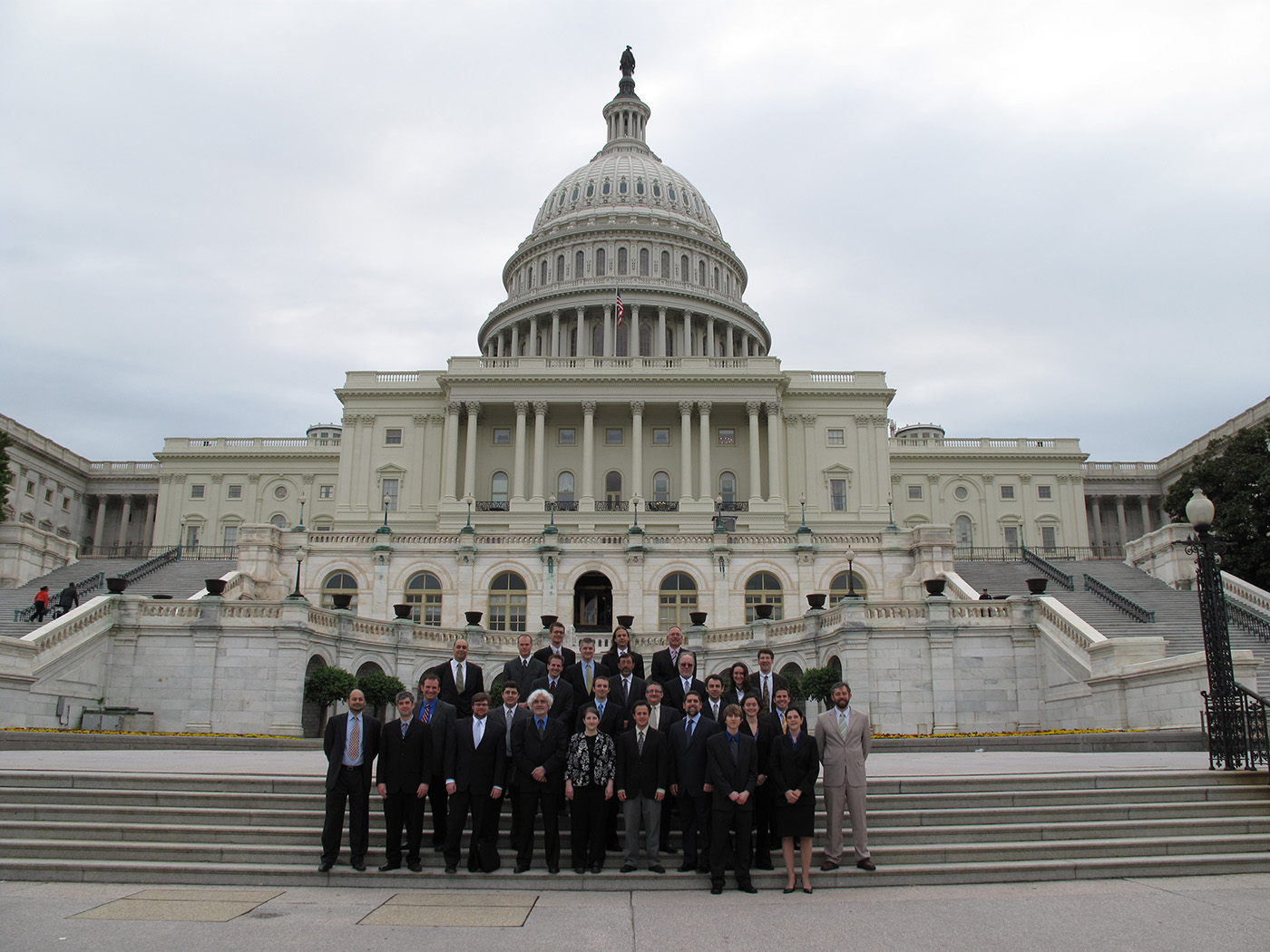I finally had a chance this week to listen to the Senate testimony of Dr. James Holsinger, the President’s choice for Surgeon General. It’s taken me a few days to digest and form some impressions. I’ll try to communicate them here.
My most global observation is that Holsinger stands for nothing, except maybe that kids shouldn’t be fat. However, there were many occasions when he was asked questions like, “Give an example of something you feel strongly about, and how you would resist pressure from the President to speak against that topic.” Of course, Senators were interested in hearing him talk about something sexy: homosexuals, stem cells, etc. I would have settled for opinions on regulating “herbal supplements”, or even on the effect of smog on human health. Whatever. Holsinger always responded with something like, “I don’t want to get into hypotheticals.”
The premise of this response is funny, and frustrating. Holsinger seems to imply that he can’t give an example, until it actually happened to him. But in order for it to happen, he’d have to have already been Surgeon General. Cripes. It’s almost as good as listening to Attorney General Gonzalez sneak into and out of each lie. Clearly, just as Galileo held the opinion, hypothetically, that the Earth goes around the sun, and was allowed by the Pope to publish his “Two New Sciences” based on that, Holsinger could have spoken hypothetically about stem cells at no cost to his nomination. What’s he afraid of?
The less obvious point is that by doing this, we find a nominee that stands for nothing. He made strong statements about several things, most notably that science should speak in matters involving science, and that the patient matters more than the doctor’s philosophy. However, it’s really quite impossible to judge the man unless he can speak passionately about an issue. His greatest passion was about childhood obesity, but if that was passion he was showing then this man is about as moved as a lead brick in a cool breeze.
One of the funnier moments of the whole thing was a performance by Senator Ted Kennedy. In some of his first questions, the Senator
singled out that unpublished paper of Holsingers about homosexual sex. What was amusing was his focus: the bibliography. Senator Kennedy pointed out that the bibliography contained sources unused in the body of the paper. He noted that this is unusual in a scientific paper, and quizzed Holsinger about his motives for including uncited sources. Wow. Who knew that the Senate was a form of peer review?



